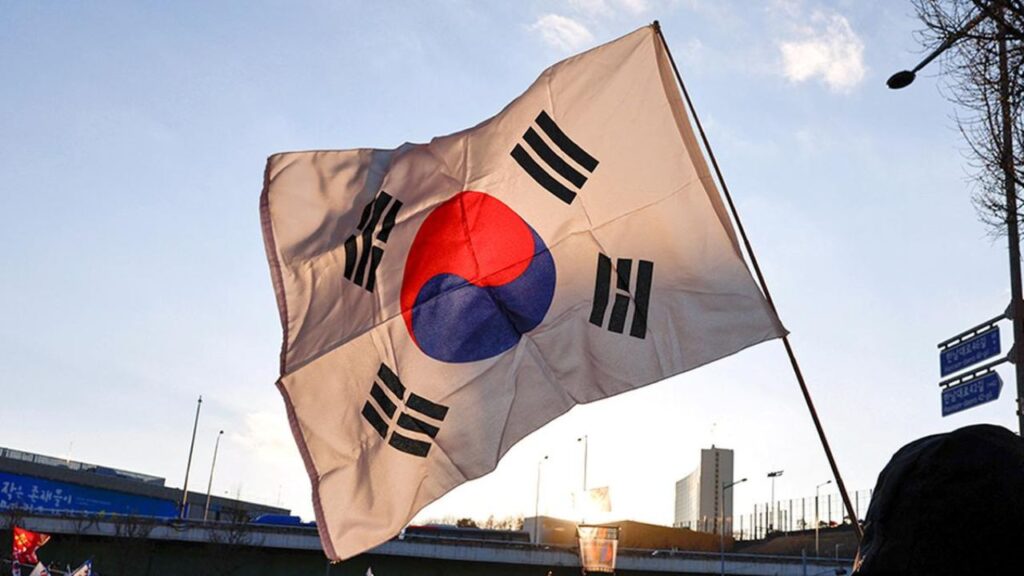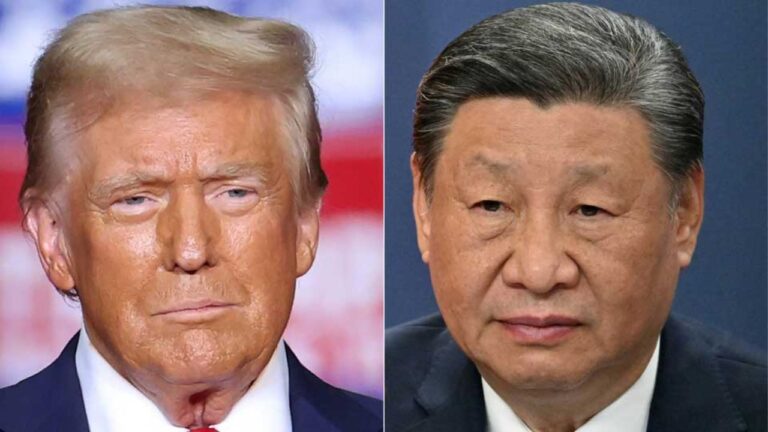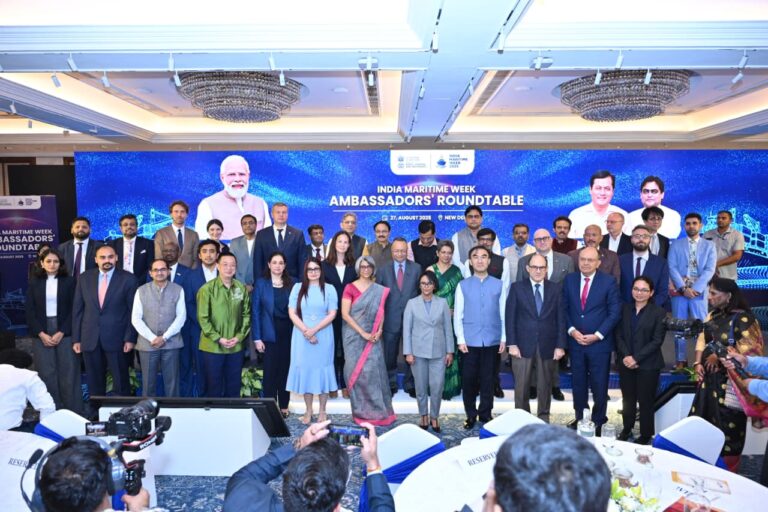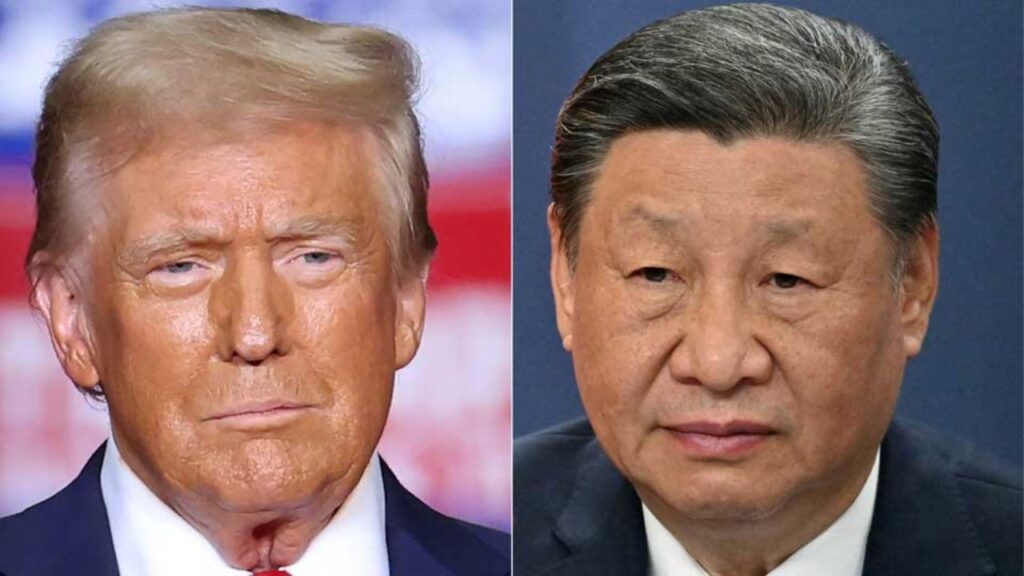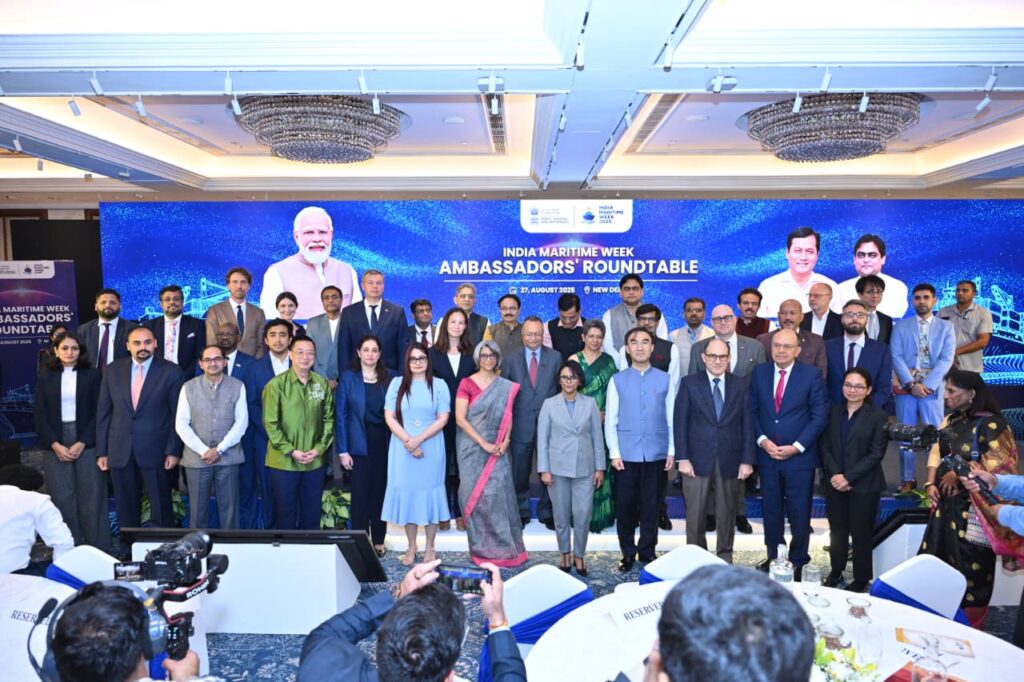Once dismissed as a peripheral state obsessed with its hostile northern neighbor, South Korea has today become one of the most potent forces in global culture. And it didn’t take a military alliance or economic sanctions to get there. Instead, it took a global phenomenon like Squid Game, the lyrical punch of BTS, and the pixel-perfect choreography of Blackpink.
When Squid Game dropped on Netflix in September 2021, it wasn’t just another dystopian drama. It became the most-watched show in the platform’s history, streaming 1.65 billion hours in its first month and topping charts in over 90 countries. The show’s brutal satire of capitalist society, paired with its distinctive Korean storytelling, turned global eyes to a country that had already quietly been preparing for this moment. And now, with Season 3 just released, the phenomenon shows no signs of slowing down.
But how did South Korea get here? The answer lies in a concept called soft power, a term coined by political scientist Joseph Nye. Unlike hard power, which relies on military might or economic pressure, soft power is the ability to shape preferences and win hearts through attraction and influence. It’s the kind of power that works through pop songs, screenplays, skincare, and shared values, which are subtle but far-reaching.
The Korean Wave, Hallyu, is not accidental. It’s the outcome of decades of deliberate cultural policy. In the 1990s, after realizing that a single Hollywood blockbuster like Jurassic Park could earn as much as exporting millions of Hyundai cars, Seoul began to fund culture as a national resource. From 1998 onwards, investments surged. New agencies were formed. Laws protected local creatives. Presidents such as Kim Dae-jung and Lee Myung-bak utilized pop culture as a diplomatic tool.
This shift from exporting goods to exporting stories transformed South Korea’s global image. K-dramas captivated Asian markets. Then Psy’s Gangnam Style shattered YouTube. And then came the tidal wave: BTS, Blackpink, Parasite, and Squid Game.
Joseph Nye’s concept of soft power perfectly describes Korea’s playbook. Rather than tanks or trade wars, Korea influences the world with skincare, streetwear, and heartbreakingly addictive melodies. But Korea’s charm isn’t skin-deep. It reflects a nation that rose from the ashes of war to become the 10th-largest economy, a testament to its democratic success story, and a digital powerhouse.
Korean content reflects this complexity: family dramas steeped in Confucian values, K-pop hybrids blending East and West, and survival thrillers like Squid Game that critique global inequality.
Despite its cultural glow, Korea remains surrounded by geopolitical fault lines, North Korea’s nuclear threat, US-China tensions, and historical wounds with Japan. Soft power alone can’t resolve these. But it can build bridges.
Cultural exchange opens doors where diplomacy stalls.
Pirated K-dramas smuggled into North Korea offer glimpses of a freer world. Fanbases across ASEAN have deepened people-to-people ties. And Korea’s leadership in digital infrastructure and cybersecurity, if linked to its cultural appeal, could shape norms in emerging tech.
Korea must now think smart, not just soft. As Nye wrote, power must be attractive and strategic. What should be Seoul’s next frontier? It should be combining its cultural influence with leadership on global issues: climate, development, technology, and human rights.
Former president Yoon Suk-yeol has spoken of South Korea becoming a “Global Pivotal State.” But that goal needs more than policy papers; it needs sustained storytelling. Soft power must be seen not as fluff, but as a force, a way to write South Korea into the world’s imagination not just as a K-pop haven, but as a democratic, developmental model.
Because in the end, Squid Game wasn’t just about survival, it was about systems, choices, and inequality. And that’s what soft power does at its best: it tells truths wrapped in stories, creates connections, and changes perception.
South Korea didn’t conquer the world. It captivated it. And it’s only just begun.

